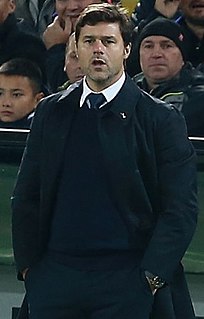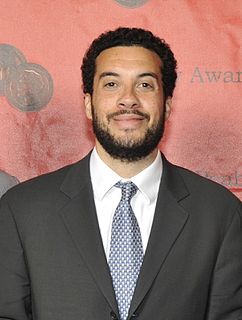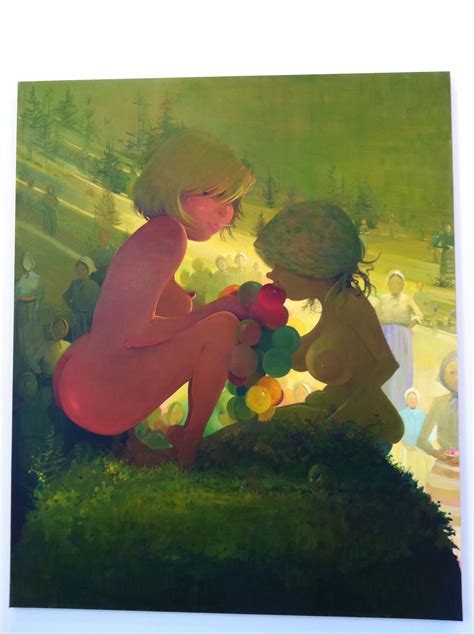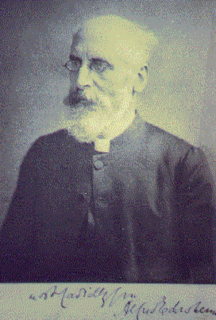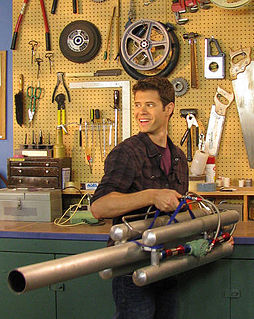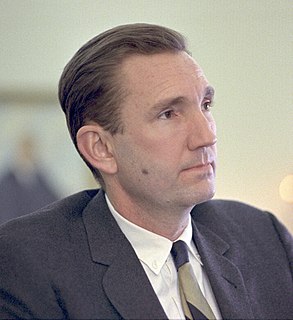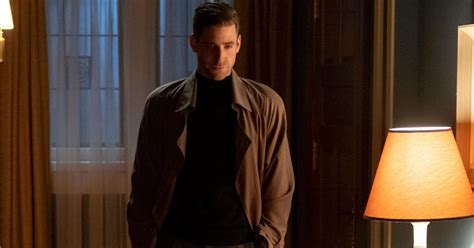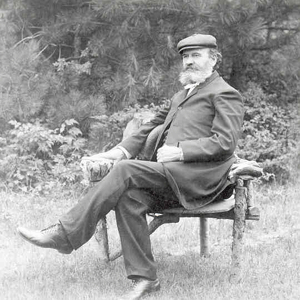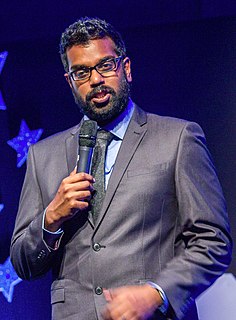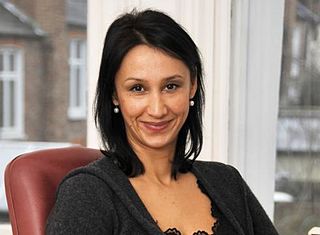A Quote by David Boies
A trial is a powerful vehicle to explain things. It is the most time that anybody spends really thinking about one thing. Unless you are the analyst on the National Security staff that's assigned to monitor Putin, and that's all you do, day in and day out, very few people ever spend the time on a single subject that is spent during trial.
Related Quotes
I didn't wake up one day and say, I have to tell O.J.'s Simpson story. But what drew me to it wasn't what people have focused on over the last 20 years - meaning, the question of innocence or guilt, nor the spectacle of the trial. I was more interested in the history that led up to that point in time in 1994, which would help explain what exactly went into making the trial as fascinating as it was.
We cannot understand the meaning of many trials; God does not explain them. To explain a trial would be to destroy its object, which is that of calling forth simple faith and implicit obedience. If we knew why the Lord sent us this or that trial, it would thereby cease to be a trial either of faith or of patience.
Our time on Earth is already short enough. For me, it's like every single day I try to be as happy as I can. It's crazy to think about. We never have enough time. That's always the thing. We always want to do more. So it's about being able to spend time on the things that are most important to you. Life is a lot easier that way, and obviously life is pretty difficult a lot of the time.
A living faith is always on trial; we call it faith for that reason. When I read in some alarmist book that the Christian faith is now on trial, or "at the crossroads," my impulse is to answer, Why Not? Does anybody know a time when the Christian faith was not on trial, or when the Christian life was a simple walkover, with neither principalities nor powers to dispute its advance?
There are two ways of getting out of a trial. One is simply to try to get rid of the trial, and be thankful when it is over. The other is to recognize the trial as a challenge from God to claim a larger blessing than we have ever had, and to hail it with delight as an opportunity of obtaining a larger measure of divine grace.
I was fortunate that by the time I was born, there were a lot of comforts and at the same time I lived in a neighborhood where it was brought to my eyes every single day that people didn't live like me. Every day I knew that many of my friends "got relief." That was important in my thinking about the world, thinking that not everybody lived that way.

